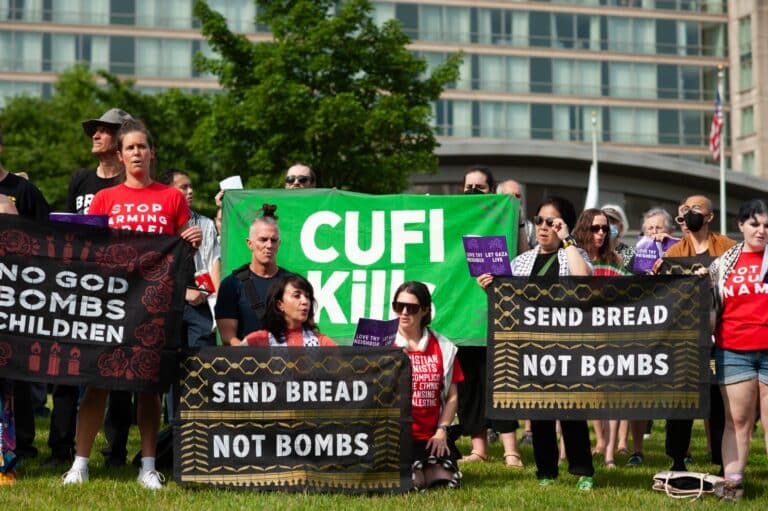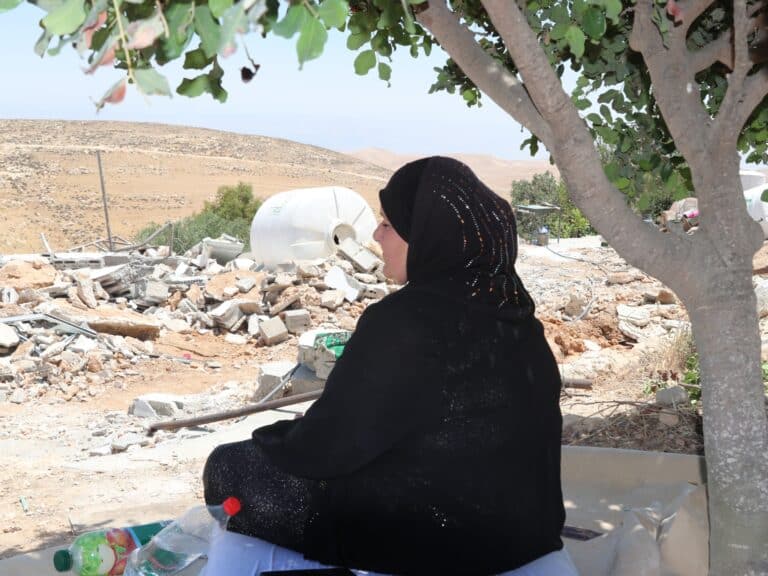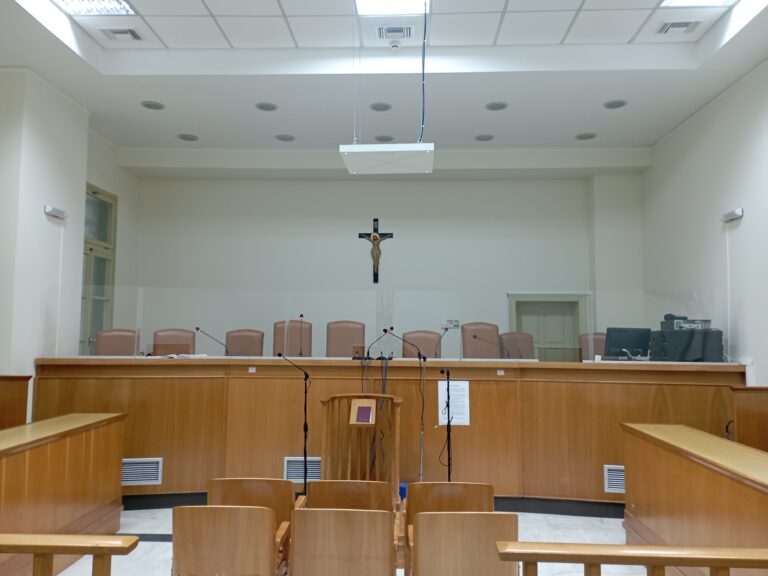Fourteen July 2010 marks one year since the displacement of the Las Pavas community from their land. One year since riot police showed up and forced 123 families out of their homes. One year since 60 hectares of their food crops were uprooted, 14 of their houses demolished, their trees cut down, and everything burned. One year since they began sleeping under plastic tarps.
Oil palms – the invasive, export mono-crop fueling the “green revolution” in the global north – now fill the once diverse lands of Las Pavas. [Mono-cropping is the practice of large-scale planting of one crop year after year, leading to a depletion of nutrients in the soil as well as increased vulnerability to disease and pests. It is a large agricultural business model used to increase efficiency and profits, but destroys the livelihood of small-scale farmers.]
Meanwhile, in the department of Sucre, the farmers of La Alemania are slowly returning to their land after paramilitaries violently displaced them ten years ago. But their return is not without consequences.
On 18 May 2010, five masked gunmen killed Rogelio Martínez, a campesino leader and human rights activist of La Alemania who had accompanied families back to their farms. For refusing to accept the theft of his land, he was killed. And he is not the only casualty from La Alemania; paramilitaries have murdered fifteen people from there since 1998.
Martínez is the 45th human rights activist murdered in Colombia in the last year and over 400 have received threats. Not a single arrest has been made.
These are not unrelated events. In a country where less than half of one percent of landowners own 61% of rural land*, the continual displacement of campesino communities in Colombia is strategic.
The 123 families in Las Pavas were displaced to make way for oil palm planting by the Daabon Company. The oil is then sold to The Body Shop to make cosmetics.
In the department of Sucre, the fertile land is rapidly being usurped for mono-cropping mega-projects. Rogelio Martínez was murdered because the land of La Alemania is valuable to big business – possibly for planting oil palm as well.
How many more human rights and land rights activists like Rogelio must pay for their resistance with their lives? How can we support their struggle for justice?
TAKE ACTION
Our friends from Las Pavas ask that we continue pressuring The Body Shop, which uses Daabon’s palm oil in their products, to assure that the land is returned to the community and to pay reparations for the damage they have caused. To participate in a letter-writing campaign, go to: www.cpt.org/urgent-action/LasPavas
*“Poverty, Inequality, and Drugs;” ABColombia; www.abcolombia.org.uk/



